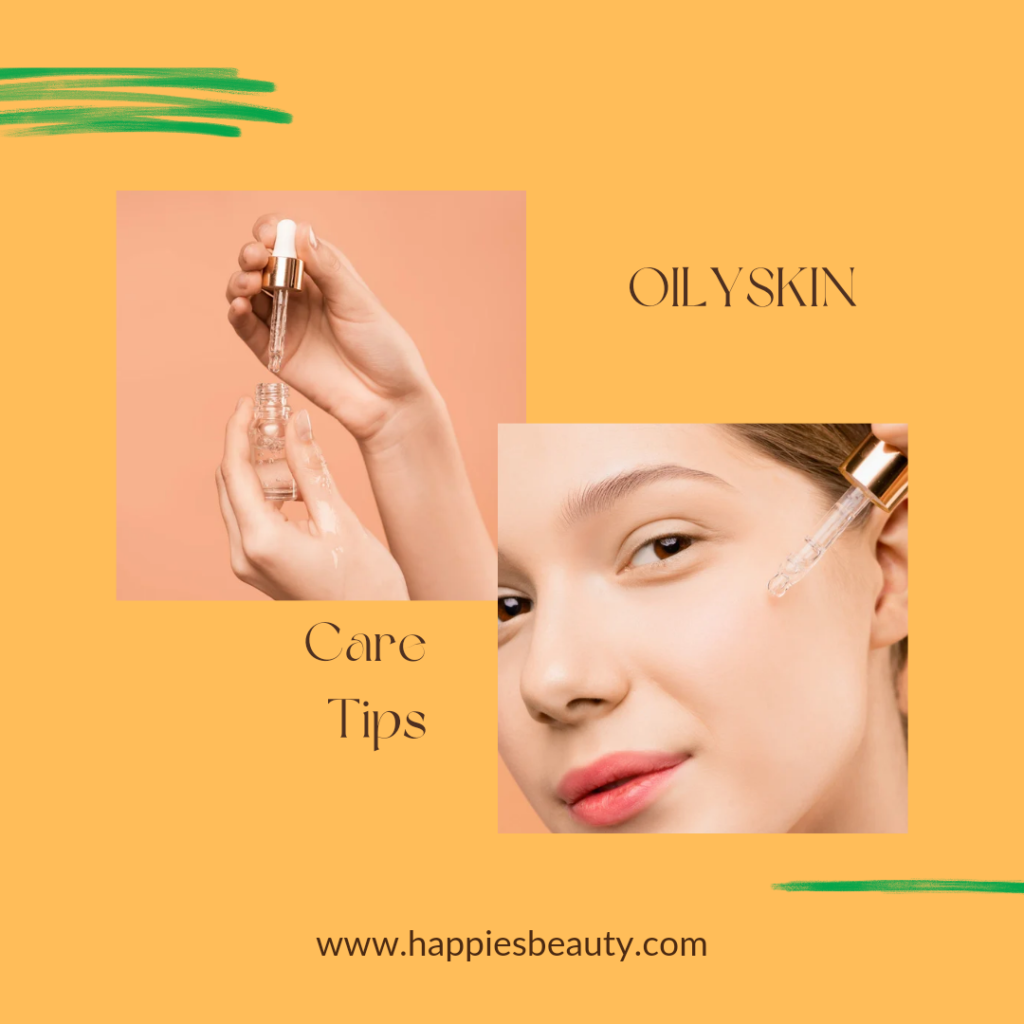
For oily skin, it is important to use products that help control excess oil production without stripping the skin of its natural moisture. Here are some effective treatments for oily skin
1. Cleansing: Use a gentle cleanser specifically formulated for oily skin to remove excess oil, dirt, and impurities without over-drying the skin. Look for products with ingredients like salicylic acid or tea tree oil to help control oil production.
2. Exfoliation: Regular exfoliation is important for oily skin to unclog pores and remove dead skin cells that can contribute to breakouts. Choose a gentle exfoliator with ingredients like glycolic acid or lactic acid to help keep your skin smooth and clear.
3. Oil-free Moisturizer: Even oily skin needs hydration, so opt for a lightweight, oil-free moisturizer that won’t clog pores. Look for products labeled as “non-comedogenic” to prevent breakouts.
4. Clay Masks: Clay masks are great for absorbing excess oil and tightening pores. Use a clay mask once or twice a week to help control oiliness and keep your skin looking fresh.
5. Oil-Control Products: Consider using oil-control serums or primers that help mattify the skin and reduce shine throughout the day. These products can be applied before makeup or on their own
.6. Sunscreen: Don’t skip sunscreen, even if you have oily skin. Look for oil-free, non-comedogenic sunscreens with a matte finish to protect your skin from harmful UV rays without adding extra shine.Remember, consistency is key when treating oily skin. It may take some trial and error to find the right products that work for your skin, so be patient and stick to a regular skincare routine to see the best results.
7. Hydrating Masks: While oily skin may produce excess oil, it still needs hydration. Consider using hydrating masks with ingredients like hyaluronic acid or aloe vera to provide moisture without adding extra oil to the skin. Use hydrating masks once or twice a week to maintain a healthy skin barrier
.8. Toner: Incorporating a toner into your skincare routine can help balance the skin’s pH levels and control oil production. Look for toners with ingredients like witch hazel or niacinamide to help tighten pores and reduce excess oil.
9. Retinoids: Retinoids, such as retinol or prescription-strength tretinoin, can be beneficial for oily skin as they help regulate oil production, unclog pores, and promote cell turnover. Start with a lower concentration and gradually increase as your skin tolerates it.
10. Diet and Lifestyle Changes: In addition to skincare products, making changes to your diet and lifestyle can also help manage oily skin. Avoiding greasy, fried foods and incorporating more fruits, vegetables, and whole grains into your diet can have a positive impact on your skin. Drinking plenty of water and getting enough sleep can also help improve the overall health of your skin.
11. Professional Treatments: If you’re struggling to control oily skin with over-the-counter products, consider consulting a dermatologist for professional treatments. Options such as chemical peels, laser therapy, or prescription medications may be recommended to help manage oily skin and prevent breakouts.Remember to patch test new products before incorporating them into your skincare routine, especially if you have sensitive skin. It’s important to be consistent with your skincare routine and give products time to work before expecting results. If you’re unsure about which products or treatments are best for your oily skin, seek advice from a dermatologist who can provide personalized recommendations based on your specific skin concerns.